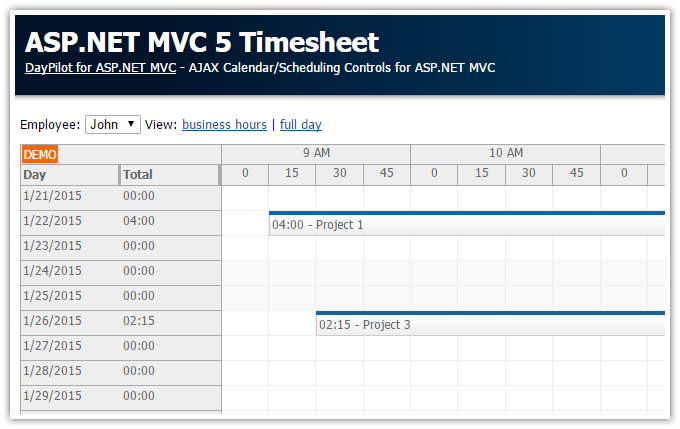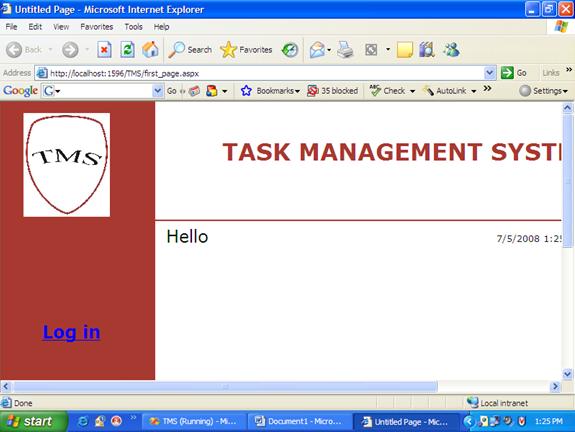

Provide information in the content section for the newly created scheduler.ġ: In the command field: Select/Specify the command path (Command created in the earlier step).Ģ: In the scheduler field: Specify the time ie., how often the job needs to run.ģ: Items field: If we want to populate Sitecore items array in our class method, then it can be defined here.Ĥ: Last run field: It will be updated by Sitecore automatically whenever the task gets executed.ĥ: Async field: We can mark this filed to run the command asynchronously. sitecore/templates/System/Tasks/Scheduler Output a message from the calling thread.Ĭonsole.WriteLine("Hello from thread ' ĭata.ThreadNum = we need to create a scheduler for this task to run the command at a specific interval, under the pathĬreate a new scheduler named SendEmailSchedule using the template from the path Task taskA = new Task( () => Console.WriteLine("Hello from taskA."))

Create a task and supply a user delegate by using a lambda expression. The example includes a call to the Task.Wait method to ensure that the task completes execution before the console mode application ends. Lambda expressions can contain a call to a named method, as shown in the following example. The delegate can be expressed as a named delegate, an anonymous method, or a lambda expression.
#ASP NET SCHEDULED TASK CODE#
When you create a task, you give it a user delegate that encapsulates the code that the task will execute. The status is represented by a TaskStatus enumeration. For example, you can access the Status property of a task at any time to determine whether it has started running, ran to completion, was canceled, or has thrown an exception. The task object handles the infrastructure details and provides methods and properties that are accessible from the calling thread throughout the lifetime of the task. A task that returns a value is represented by the class, which inherits from Task. Creating and running tasks explicitlyĪ task that doesn't return a value is represented by the class. The TPL might employ various optimizations, especially with large numbers of delegates.įor more information, see How to: Use Parallel.Invoke to Execute Parallel Operations.įor greater control over task execution or to return a value from the task, you must work with Task objects more explicitly. The number of Task instances that are created behind the scenes by Invoke isn't necessarily equal to the number of delegates that are provided. The first task is represented by a lambda expression that calls a method named DoSomeWork, and the second task is represented by a lambda expression that calls a method named DoSomeOtherWork. The following example shows a basic Invoke call that creates and starts two tasks that run concurrently. The lambda expression can either call a named method or provide the code inline. The easiest way to create these delegates is to use lambda expressions.

Just pass in an Action delegate for each item of work. The Parallel.Invoke method provides a convenient way to run any number of arbitrary statements concurrently. Tasks and the framework built around them provide a rich set of APIs that support waiting, cancellation, continuations, robust exception handling, detailed status, custom scheduling, and more.įor both reasons, TPL is the preferred API for writing multi-threaded, asynchronous, and parallel code in. More programmatic control than is possible with a thread or work item. This process makes tasks relatively lightweight, and you can create many of them to enable fine-grained parallelism. These algorithms provide load balancing to maximize throughput. More efficient and more scalable use of system resources.īehind the scenes, tasks are queued to the ThreadPool, which has been enhanced with algorithms that determine and adjust to the number of threads. The term task parallelism refers to one or more independent tasks running concurrently. In some ways, a task resembles a thread or ThreadPool work item but at a higher level of abstraction. The Task Parallel Library (TPL) is based on the concept of a task, which represents an asynchronous operation.


 0 kommentar(er)
0 kommentar(er)
